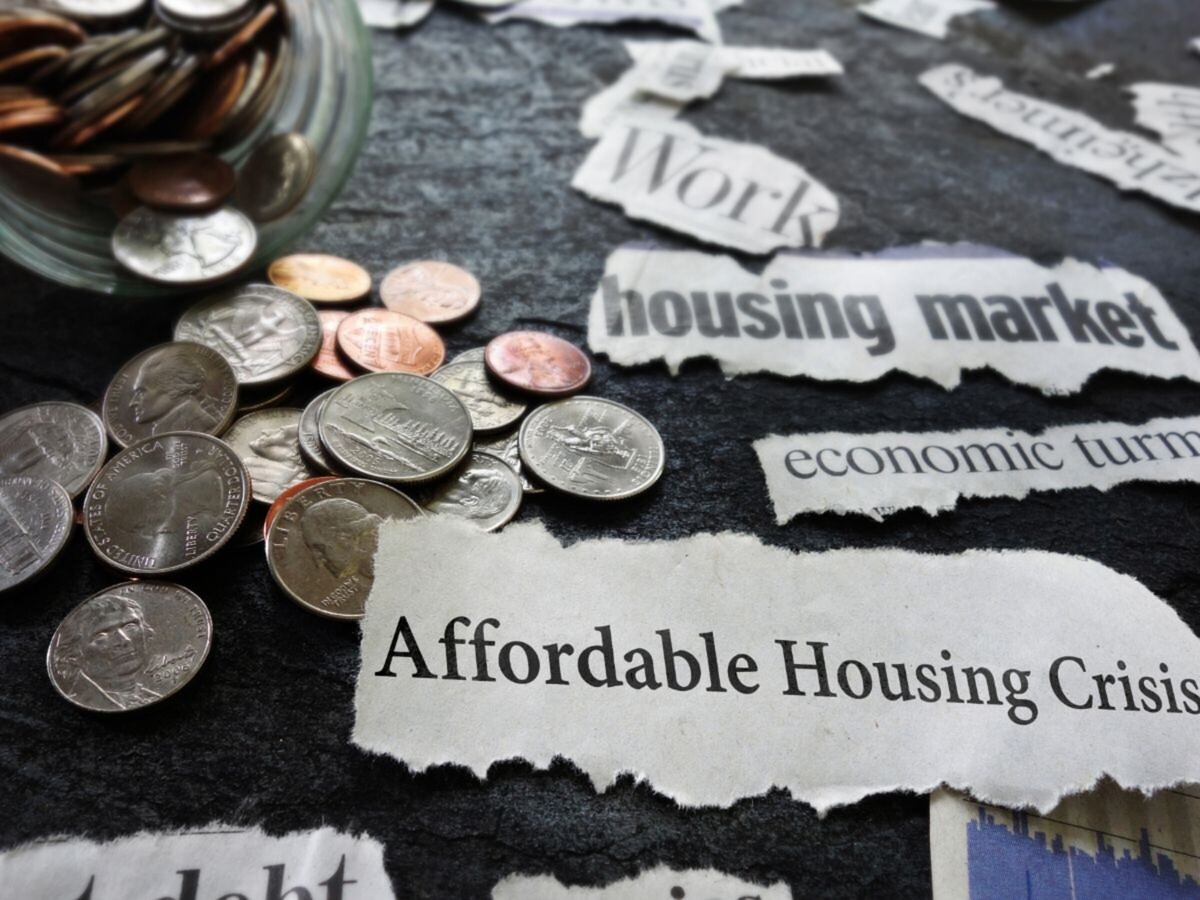Image


NEW JERSEY - In a significant move to enhance the landscape of affordable housing in New Jersey, Governor Phil Murphy has enacted a series of bills aimed at providing municipalities with innovative tools to fulfill their affordable housing duties. This landmark legislation introduces a revamped system designed to streamline the process for towns to meet their obligations under the Mount Laurel doctrine, a pivotal shift from the litigation-driven approach that has dominated the scene for years.
“With today’s bill signing, we will be able to create more certainty and lower costs in New Jersey’s affordable housing landscape. By establishing new processes and practices for towns to meet their Mount Laurel affordable housing obligations, we are able to more quickly and efficiently allocate funding to municipalities and support those building affordable housing in our state," said Governor Murphy.
The centerpiece of this legislative package, identified as A-4/S-50, spearheaded by legislators Lopez, Coughlin, Wimberly, Reynolds-Jackson, Singleton, Scutari, and Ruiz, proposes a structured framework that aligns with the principles of the New Jersey Supreme Court's Mount Laurel doctrine and the State’s Fair Housing Act.
Commencing in 2025, the Department of Community Affairs is tasked with releasing non-binding estimations of municipal requirements for affordable housing, derived from formulas based on historical court decisions.
Under the new scheme, disagreements regarding the affordable housing responsibilities of municipalities and their strategies to meet these obligations will be handled swiftly by the Judiciary, aided by a novel dispute resolution program.
This initiative aims to dissolve the bureaucratic stagnation caused by the now-defunct Council on Affordable Housing (COAH), thereby facilitating a more efficient path towards the development of affordable housing projects.
A notable feature of the legislation is the introduction of "bonus credits," a mechanism that allows for the counting of certain affordable housing units as 1.5 or 2 units under specific conditions, such as age-restricted housing or housing for individuals with special needs. This incentive, capped at 25% of a municipality’s anticipated need, is designed to encourage diverse housing projects, including those near mass transit hubs, to cater to varied community needs.
The legislative package also includes measures aimed at reducing the financial barriers to affordable housing development. These measures include a pilot program by the New Jersey Housing Mortgage and Finance Agency to support insurance premiums for eligible projects, tax depreciation acceleration for new developments, authorization for municipalities to streamline development approvals, and the facilitation of "payment in lieu of taxation" (PILOT) agreements for funded affordable housing projects.
With these bills, New Jersey sets forth on a path to redefine its approach to affordable housing, emphasizing efficiency, inclusivity, and community needs. As Governor Murphy stated, this overhaul aims not only to meet but to excel in providing affordable housing solutions, positioning New Jersey as a leader in addressing one of the most pressing needs of its residents.